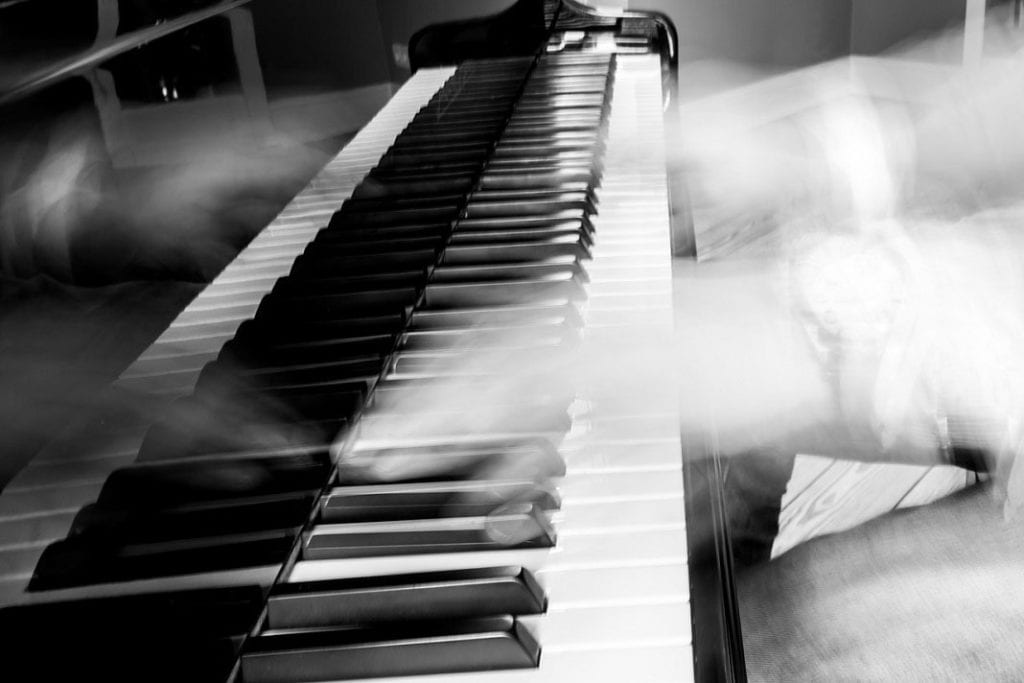Before I tell a story (that I first read in The Globe and Mail newspaper) about Joaquin Farias and his years-long quest to unlock the mysteries of dystonia, I must first tell a story of my own.
I was seven when I started learning to play the piano. It wasn’t my choice. My parents wanted me to learn an instrument, and we happened to have a piano in the house. I have a feeling my grandpa also had a say—he was a jazz musician, and I guess he held onto hope that one of the grandkids had inherited the musical genes.
As I grew up, I grew to love playing the piano. It was an undeniable part of my life and, by the time I stopped taking lessons at 18, I like to think I was relatively advanced.
But I stopped practicing. College stole my attention, and piano fell by the wayside. You can imagine, then, my frustration when I recently sat down at my childhood piano, an out-of-tune upright with chipped keys, and found I struggled to play what once came so easily. My mind knew exactly where my fingers should go, but my fingers did not follow. I was so discouraged, I nearly threw my sheet music across the room.
I promise you I haven’t forgotten about Joaquin’s story. Nearly 40 years ago, he pursued a professional career as a pianist. I was nowhere near that level, but I can at least comprehend, even the tiniest bit, the Spaniard’s passion for the instrument. I can also imagine the desperate frustration he felt when dystonia began causing his fingers to clench, and he found himself unable to play the instrument he had once mastered.
Told by doctors the only solution was rest and muscle relaxers, Joaquin decided not to settle. He actually created his own exercises and, for years, he trained.
Today, Joaquin is a doctor (he has a PhD in medicine and sciences), and he’s using the exercises he developed and honed to help others with dystonia, including other musicians. Quite a story, isn’t it? You can read more here about Joaquin’s methods, which are actually quite groundbreaking.






